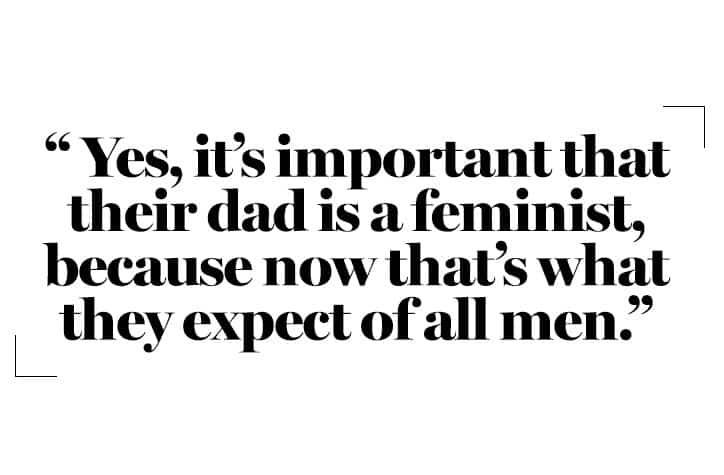In fact, the most important change may be the toughest of all—and that’s changing ourselves.
This is something I spoke about at length in June at the first-ever White House Summit on the United State of Women. As far as we’ve come, all too often we are still boxed in by stereotypes about how men and women should behave. One of my heroines is Congresswoman Shirley Chisholm, who was the first African American to run for a major party’s presidential nomination. She once said, “The emotional, sexual, and psychological stereotyping of females begins when the doctor says, ‘It’s a girl.’ ” We know that these stereotypes affect how girls see themselves starting at a very young age, making them feel that if they don’t look or act a certain way, they are somehow less worthy. In fact, gender stereotypes affect all of us, regardless of our gender, gender identity, or sexual orientation.
Now, the most important people in my life have always been women. I was raised by a single mom, who spent much of her career working to empower women in developing countries. I watched as my grandmother, who helped raise me, worked her way up at a bank only to hit a glass ceiling. I’ve seen how Michelle has balanced the demands of a busy career and raising a family. Like many working mothers, she worried about the expectations and judgments of how she should handle the trade-offs, knowing that few people would question my choices. And the reality was that when our girls were young, I was often away from home serving in the state legislature, while also juggling my teaching responsibilities as a law professor. I can look back now and see that, while I helped out, it was usually on my schedule and on my terms. The burden disproportionately and unfairly fell on Michelle.
So I’d like to think that I’ve been pretty aware of the unique challenges women face—it’s what has shaped my own feminism. But I also have to admit that when you’re the father of two daughters, you become even more aware of how gender stereotypes pervade our society. You see the subtle and not-so-subtle social cues transmitted through culture. You feel the enormous pressure girls are under to look and behave and even think a certain way.


